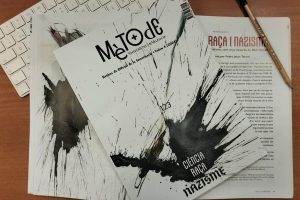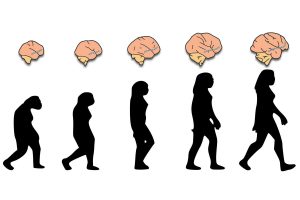Search
The articles included in the monograph ‘Science, race and Nazism’ explore the ideological roots of National Socialism.
In early November 1572, a new star appeared in the sky. At the time, the Aristotelian worldview held that the heavens were unchanging, so the presence of a defiant star caused society to mistrust the divine order of the heavens.
Dr. Georget commissioned Théodore Géricault to produce a series of ten portraits of alienated people suffering from monomania. By 2021, only five had been located, but since then three more have been identified. There are still two more to be found, so the mystery continues...
This monograph provides new points of view on the role of stories in shaping scientific thought, and on the way in which this resource communicates science.
In this review of the film Oppenheimer, PhD in Law Clara Portela criticises the victimising vision of Robert Oppenheimer in Christopher Nolan's biopic, released in July 2023.
Photography has positioned itself not only as an effective means of collecting data, but also as a tool for sharing scientific information, both inside and outside the academic world.
On Darwin Day, we look at some aspects of the biography of the English naturalist with historian of science Janet Browne.
The article defends the idea that theology should disappear from university programmes. It cannot be a science because it is based on faith and authority.
As with other animal species such as crayfish, drugs activate our brain's reward system to induce a false signal announcing the arrival of a great benefit for our survival.
In Lamarck's revolutionary work, only his failed attempt to elaborate a coherent theory of the evolutionary process has remained in popular teaching.










